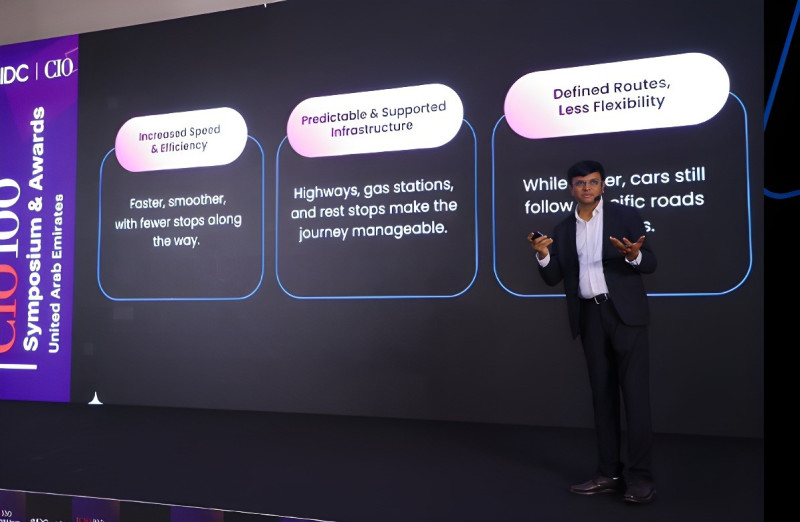
Malaysia’s digital future at risk as talent gaps, legacy systems and cyber threats persist | Tech
By Dinesh Varadharajan
MALAYSIA’S efforts to reposition itself as a regional digital leader are well under way, driven by bold policies such as the National 4IR Policy and the National Artificial Intelligence Roadmap.
These initiatives aim to elevate productivity by 30 per cent by the end of the decade, with artificial intelligence earmarked as a central pillar of innovation and global competitiveness.
However, robust frameworks alone are not enough. Despite clear strategic intent, the nation’s transition into a digitally advanced economy continues to be hindered by persistent structural and cultural challenges, including skills shortages, outdated systems, and rising cybersecurity concerns.
Malaysia aims to raise its productive capacity from RM119.3 billion (USD 26.7 billion) in 2023 to RM493 billion (USD 115 billion) by 2030. Achieving this ambitious target will require far more than policy declarations; it will demand realignment across education, industry and governance.
Challenges confronting Malaysia’s digital evolution
The nation’s ambitions in digital technologies such as AI, the Internet of Things, and 5G are being undermined by disruptions in global supply chains and a shortage of skilled personnel.
The semiconductor sector alone, a vital contributor to the digital ecosystem, adds approximately RM143 billion to GDP annually. Its continued growth, however, is contingent on access to trained talent—a resource in increasingly short supply.
The digital skills gap is another pressing concern.
As demand surges for expertise in areas like cloud computing, machine learning and cybersecurity, the talent pipeline remains insufficient.
According to the 2025 QS World Future Skills report, Malaysia ranks 33rd globally and 7th in Asia in higher education readiness. Yet the contrast between academic preparedness (91.2) and the country’s capacity for economic transformation (35.4) suggests a fundamental disconnect between education systems and industry requirements.
Graduates are simply not transitioning into the digital economy at the pace required.
Cybersecurity threats are compounding these vulnerabilities. In 2024, CyberSecurity Malaysia logged 2,778 fraud cases, with ransomware and data breaches also on the rise. Without embedding security into every facet of transformation, businesses risk significant financial and reputational fallout.
Pathways to sustainable digital progress
To navigate these headwinds, digital adoption must be matched by clearly defined business objectives—whether aimed at reducing costs, improving efficiency, or driving innovation.
Embedding a digital-first culture across organisations will be equally crucial, requiring effective change management, cross-departmental collaboration and transparent leadership.
Proactive talent development will also be critical. Employers must leverage national tools like the AI Talent Roadmap 2024–2033 and form strategic partnerships with higher education providers.
Closing the gap between classroom learning and workplace demands will be key to ensuring a future-ready workforce.
Cybersecurity, too, must be prioritised from the outset. AI-powered monitoring solutions can bolster threat detection and response, while frameworks such as Malaysia’s AI Governance and Ethics Guidelines offer direction on responsible technology adoption.
Low-code and no-code platforms, such as Kissflow, are also gaining traction as practical enablers of digital transformation.
These tools allow staff without programming backgrounds to develop applications, automate business processes, and digitise workflows—cutting reliance on scarce developer talent and enhancing organisational agility.
For companies operating under resource constraints, such platforms are proving game-changing.
The outlook ahead
Digital transformation in Malaysia is not a passing phase—it is a strategic imperative. Success will not hinge solely on the deployment of new technologies, but on a broader commitment to leadership, workforce readiness, and cultural change.
Those businesses and institutions that act decisively—integrating innovation with purpose and investing in people—will be best positioned to shape Malaysia’s future as a digital powerhouse in the region and beyond. – June 9, 2025
The writer is the Chief Product Officer of Kissflow which has a globally distributed workforce with employees working from USA, Dubai, Philippines and India

